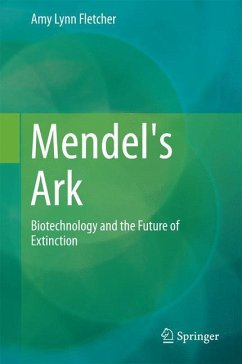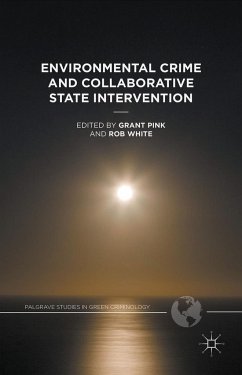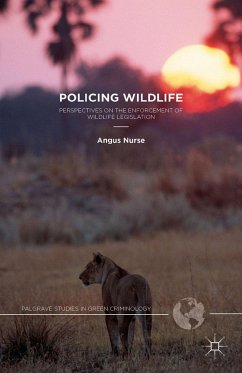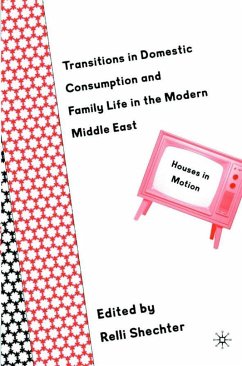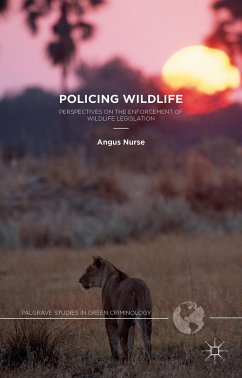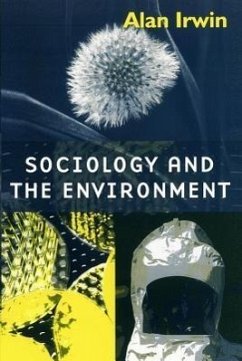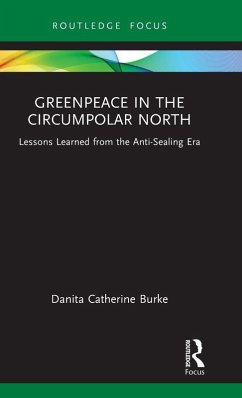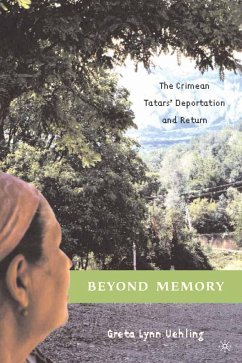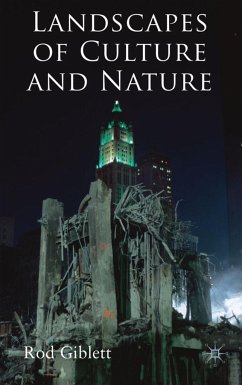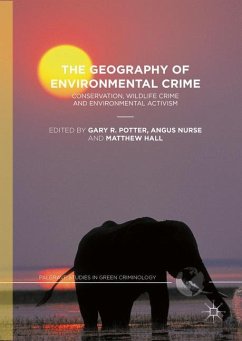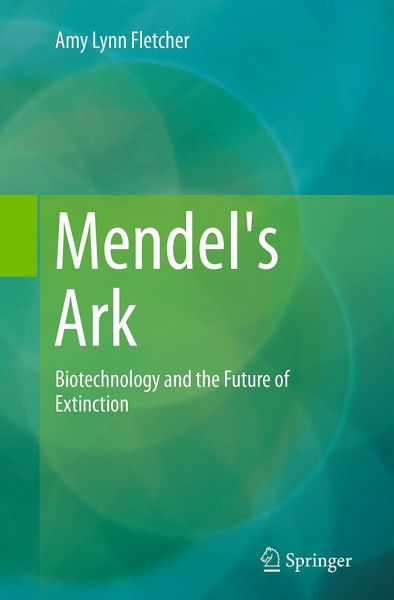
Mendel's Ark
Biotechnology and the Future of Extinction
Versandkostenfrei!
Versandfertig in 6-10 Tagen
76,99 €
inkl. MwSt.

PAYBACK Punkte
38 °P sammeln!
Does extinction have to be forever? As the global extinction crisis accelerates, conservationists and policy-makers increasingly use advanced biotechnologies such as reproductive cloning, polymerase chain reaction (PCR) and bioinformatics in the urgent effort to save species.Mendel's Ark considers the ethical, cultural and social implications of using these tools for wildlife conservation. Drawing upon sources ranging from science to science fiction, it focuses on the stories we tell about extinction and the meanings we ascribe to nature and technology.The use of biotechnology in conservation ...
Does extinction have to be forever? As the global extinction crisis accelerates, conservationists and policy-makers increasingly use advanced biotechnologies such as reproductive cloning, polymerase chain reaction (PCR) and bioinformatics in the urgent effort to save species.
Mendel's Ark considers the ethical, cultural and social implications of using these tools for wildlife conservation. Drawing upon sources ranging from science to science fiction, it focuses on the stories we tell about extinction and the meanings we ascribe to nature and technology.
The use of biotechnology in conservation is redrawing the boundaries between animals and machines, nature and artifacts, and life and death. The new rhetoric and practice of de-extinction will thus have significant repercussions for wilderness and for society. The degree to which we engage collectively with both the prosaic and the fantastic aspects of biotechnological conservation will shape the boundaries and ethics of our desire to restore lost worlds.
Mendel's Ark considers the ethical, cultural and social implications of using these tools for wildlife conservation. Drawing upon sources ranging from science to science fiction, it focuses on the stories we tell about extinction and the meanings we ascribe to nature and technology.
The use of biotechnology in conservation is redrawing the boundaries between animals and machines, nature and artifacts, and life and death. The new rhetoric and practice of de-extinction will thus have significant repercussions for wilderness and for society. The degree to which we engage collectively with both the prosaic and the fantastic aspects of biotechnological conservation will shape the boundaries and ethics of our desire to restore lost worlds.





